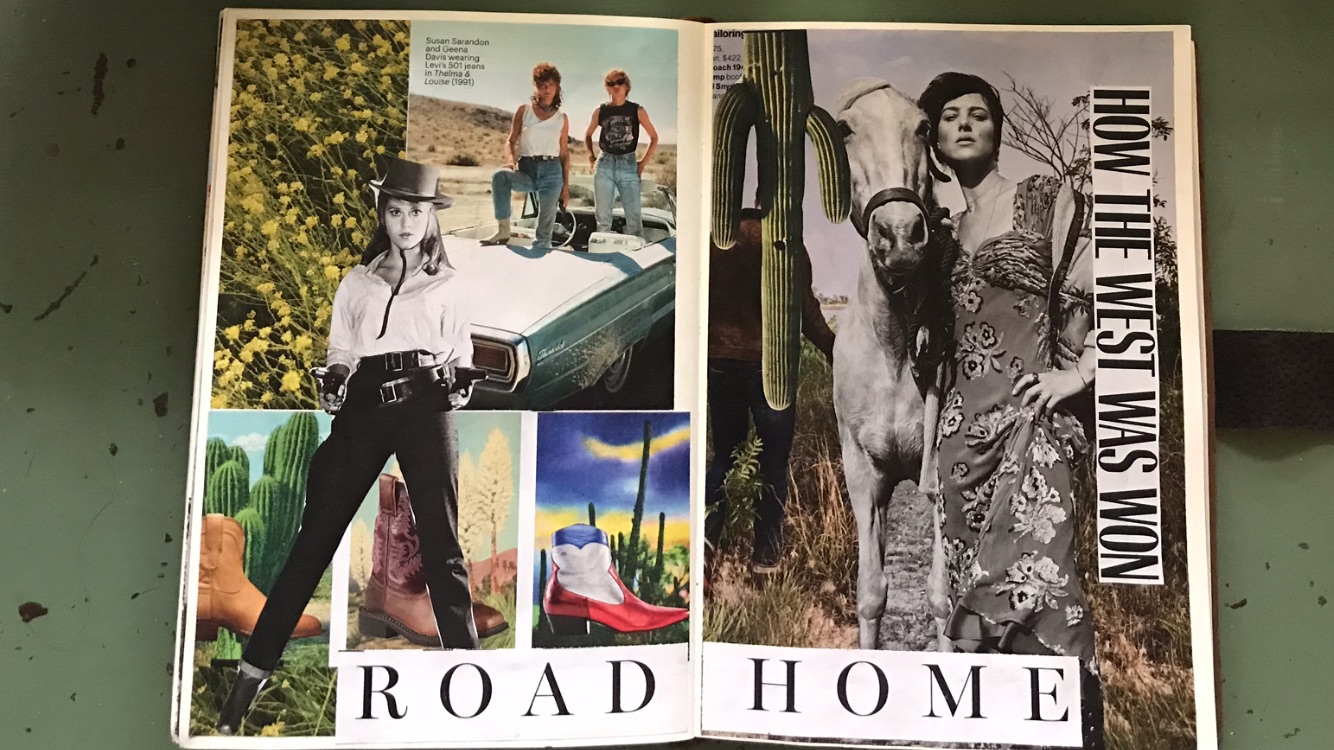I took a class on British literature during my senior year of high school. I never expected to like it because literature doesn’t get any stuffier than that, but it turns out, I’m exactly the stuffy person who loves British literature. I should have known because I’ve been in love with period pieces for a long time. I did one of my presentations in that class on the sexual innuendos in Jane Eyre, and let me tell you, there are millions. I mean, Jane Eyre literally puts out a fire in Edward Rochester’s room. There’s so much sexual tension in that book, and I loved it. (Not to brag but my poster used an unnecessary amount of red glitter paper to really drive home all those steamy details.)
I think I idealized living in the countryside, and that was one of the main reasons for going to school here. That and teenage rebellion. However, as it turns out, the Geneseo countryside is nothing like the English countryside of the 1800s. Frat parties on the weekends are not exactly extravagant balls, but Geneseo does smell like cows, so there is that similarity. As much as I have idealized the small-town living, I can’t wait to move back to California where I get to sit in traffic for two hours and grass comes in yellow or dead.
Those two very different ideas are often at odds in my poems. Most of my poems are set in California, and while the setting is often very fast-paced, the actions are normally not. The characters have nowhere to be except for that poem, so things don’t really move. If you haven’t noticed, most of my poems are very set in one time frame and in one action. It reminds me of the scene of The Illustrated Man where the children have a room full of screens. I feel as though my characters are on that screen, except they are on a constant loop, while I watch them and move them how I want.
I’m realizing that this blog post is all over the place in terms of theme, but sometimes you just have to word-vomit your thoughts.

